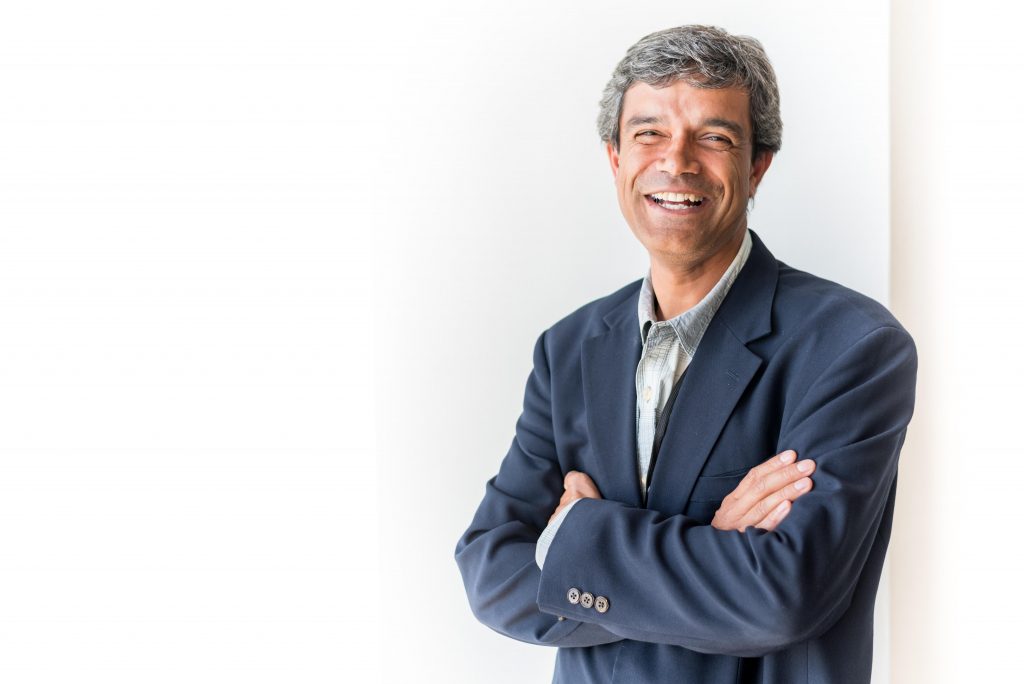PUBPOL 890.2 ENVIRONMENT & DEV ECONOMICS

Students interested in energy access, environment or international development should consider the upcoming course PUBPOL 890.2 ENVIRONMENT & DEV ECONOMICS (W 04:40 PM 07:10 PM) offered in Fall 2019 by Professor Subhrendu Pattanayak. The course will feature:
ii. No exams – lots of problem sets and 1 main paper
iii. Problem sets let you practice and re-practice tools you have been exposed to, but no way perfected, in Stats (PPS813, yes!)
iv. Applications will include environment first, but also energy, health and infrastructure
v. Naturally, there is a focus on poverty reduction and so most examples will be from low- and middle-income countries
vi. The course will draw on Prof. Pattanayak’s experience as a Editor for the journal Environment & Development Economics (Cambridge Press) and his 25+ years doing field based policy research in this domain
vii. If you have taken public economics, there will be a slight advantage – especially with the political economy meets implementation science aspects
viii. The course is capped to be small, so registering early is good, and getting on the wait list (which normally clears) in case others have filled it
Feedback from previous iterations of the course (more lectures are now included, now also a three-credit course):
• One of the best classes I’ve taken. We read a lot of great papers and I learned a lot. I enjoyed the reading and the problem sets.
• It was one of my favorite classes in the program
• Really enjoyed the discussion format!
• A really important topic. I would have liked a 3 credit course.
• I enjoyed the reading list and the applied problem sets which connected course discussion to real world datasets and data analysis challenges.
• I very much enjoyed the course and the seminar style structure. I did think it would have made the course even better to have a few classes (or parts of classes) be more of a lecture format to get even deeper into the material.
• This is a really good review of a new literature which I was not familiar with. Right amount of work, good structure, good discussion.
• The class was slow at times and would have been more helpful to have a little more input from the professor to guide the sessions.
• This class took me deeper into environment and development economics than I expected; sometimes deeper than my comfort level and that’s a good thing. I am impressed that it worked with student presentations forming the core of the structure. Still, I would have appreciated a stronger guiding hand through the core theories.
• This course was very interesting and I appreciated the structure being a seminar session. For someone who has less background in the content, it was at times difficult to keep pace with the student-led presentations. I would have preferred a few lectures sprinkled in and might have retained more of the information.
• The content is highly relevant for professional and researcher who wish to work in the intersection of environment and development
• The structure had its benefits and drawbacks. I learned a lot when I was presenting/blogging, but sometimes I didn’t come away with a full understanding of the reading (because of the student-led structure). That being said, I think the best solution would be to make this a full three-credit course: then there could be one day per week of normal instructor-led lecture/discussion and one day of student presentations. I do think the student presentations were valuable, and I liked that the focus of this course was on
• synthesizing material through reading current relevant papers, but I think my overall understanding of the subject matter woul dhave been greater with more instructor-led sessions.
• Content: engaging, interdisciplinary Approach: both theoretical and applicable in real-world contexts, allows for greater understanding of both study design and policy implications Structure: Love the seminar style of student-led discussion
• I think the class took a while to adjust to the structure of the course, as the value I got out of class sessions later in the semester was a lot greater than the earlier sessions.
To register, visit Duke Hub!
Other Course Opportunities
Check out other energy access course offerings on our Student Opportunities page!
You can also find energy related courses here.
